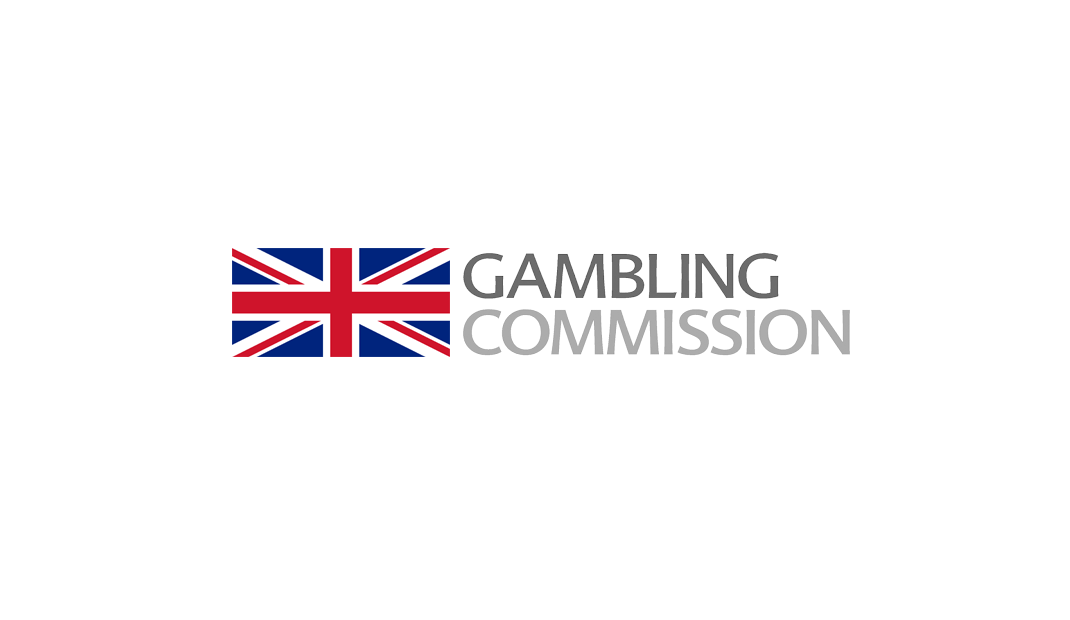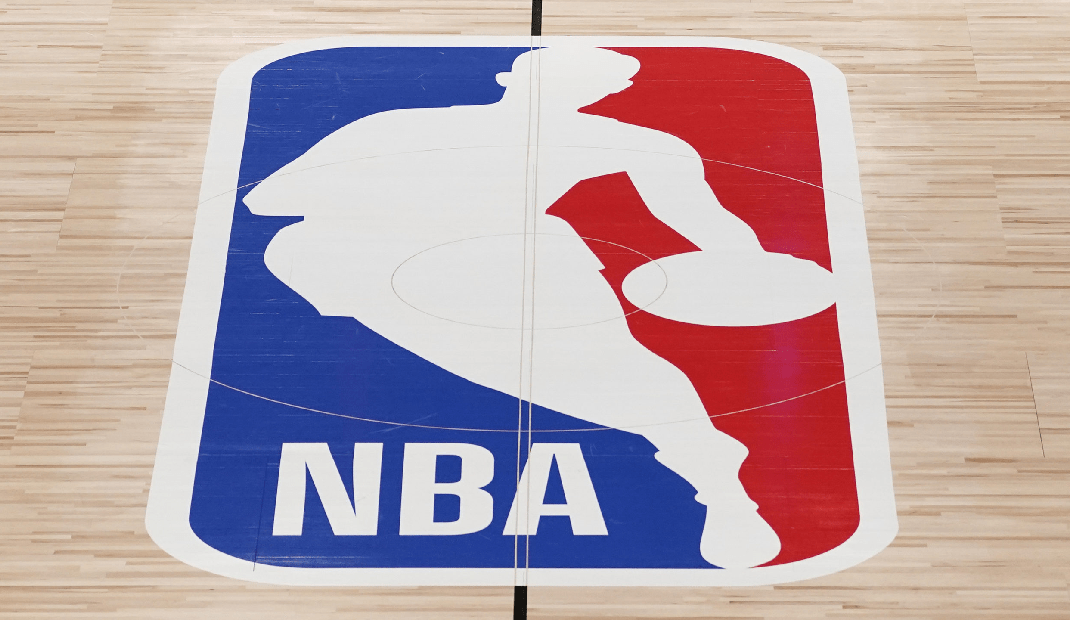The Gambling Commission demands greater compliance from businesses
Failures in social responsibility and anti-money laundering measures continue to be the gambling industry's two most significant "weaknesses" in the UK. According to Andrew Rhodes, Chief Executive of the Gambling Commission, who remarked on the results of the Gambling Commission's Compliance and Enforcement Report for the 2020/21 financial year, this is the case. Rhodes was commenting on the findings of the report.
During this time period, the Gambling Commission (GC) took action against Britain's gambling industry by revoking one of its operator licenses, suspending five others, and issuing nine personal management licenses. Covid was also active during this time period.
In addition, fifteen gambling companies were ordered to pay a combined total of £32.1 million (about $42.3 million) in regulatory fines and settlements, which is higher than in any previous year.
It carried out 25 comprehensive evaluations of online operators, five targeted assessments of land-based operators, 83 website reviews, and 262 security audits. Also, it began conducting personal license checks for 29 individuals and completed reviews for 57 individuals.
Rhodes acknowledged the efforts of the Commission's Enforcement and Compliance Unit and voiced his gratitude for their efforts, but he urged operators to increase their level of participation.
"I am impressed by the amount of enforcement work that was carried out, but it is also regrettable that it should be necessary," he added. "I am impressed by the quantity of work that was carried out." As we look back on the enforcement in the years 2020 and 2021, we identify the same two flaws virtually every time: operators failing to conform to social responsibility and anti-money laundering standards.
"These laws are in place for two very important reasons: to safeguard individuals and to make certain that gaming does not contribute to the commission of any crimes. Without these guidelines, it would be impossible for us to provide gambling licenses in accordance with the terms of the Gambling Act of 2005. These rules form the basis of two of the three licensing goals. As a result, every operator ought to keep compliance in the forefront of their minds.
Rhodes continued by saying, "Although the threat of Covid-19 has not been eliminated, the gaming sector has substantially resumed operations."
"As Great Britain's regulator for the gambling industry, we still see far too many violations of legislation in areas where everyone in the business agrees that we should not see them. The industry possesses the necessary resources, expertise, and understanding to effect change.









